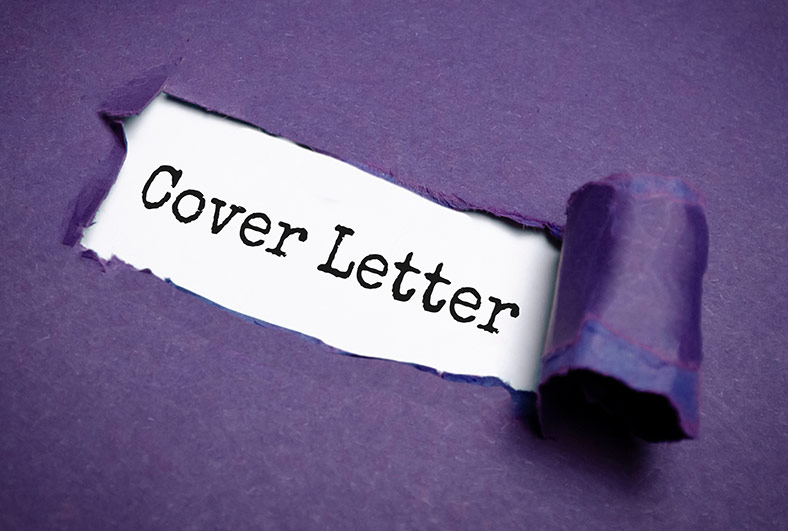Andrew Strutt

September is one of the busiest times of the year for the ResponseSource research team with many journalists changing jobs or moving to new roles around this time. You may be considering taking advantage of the September surge yourself and applying for a new job in journalism.
In case it’s been a while since you’ve written a cover letter, or if this is your first journalism job since graduation, check out this advice from Jem Collins, director and founder of JournoResources, at a recent event, explaining what you need to write the perfect cover letter.
Differences between a CV and cover letter
There are some similarities between a CV and a cover letter. Both are personalised to each role you are applying for and will be a maximum of one page. However, that is largely where the similarities end.
A CV should be a broad overview of your experience whereas a cover letter is more zoomed in on your experience and perhaps highlighting one or two roles specifically. Your CV will also follow more of a set structure with details of each job you have had. The cover letter has no set structure or pattern and is there for you to talk about your experiences in an engaging way. The CV acts as a functional document while the cover letter gives you space to delve deeper and show more of your personality.
First impressions count
The introduction, like most pieces of writing, is crucial if you want to make a good impression and stand out from the crowd. An opening line like ‘I’m a seasoned reporter for…’ doesn’t set you apart from any other candidate and merely tells them what they could glean from your CV. And the fact there’s no set format or structure means you can open up in a different and unique way to show why you’re the right person for the job.
What you need to focus on is why you want this specific role and that can be the basis of your introduction. Perhaps this is a company that you’ve always wanted to work for and you grew up reading their magazines or website. You might have a link to the company or role that made you want to apply. It could be an area or topic that you have always had a passion for. It might be the next step in your career and you feel that publication can help with that. Plus you can just talk about what excites you about the actual role and what changes you would like to make if you were offered the role. These are all great ways to get your cover letter started and catch the eye.
Staying relevant to the job description
After the introduction and showing why you want the role, the rest of the cover letter needs to focus on how your experience and skills fit into the job description. This doesn’t mean to say you go over all the jobs you’ve done or all the skills you have. It’s best to discuss two or three points in depth that closely align with the job that you’re applying for.
This requires a bit of push and pull between what you feel is your strongest area and what is closest to the top bullet point in the description. Within each paragraph or point, you can talk through your experience, the impact it made and add in any relevant analysis around this. It’s also good practice to refer back to key phrases in the job description. For example, if the company hiring say they’re looking for someone with ‘experience in content marketing’ then tell them about relevant qualifications and how you then applied that in your previous job.
Wrapping it up and other points to consider
Your closing statement should recap your experience, while giving you an opportunity to tie it back to the intro and to highlight why you want the job.
Then you’ll want to read back over your cover letter, making sure that there’s a narrative flow and that everything links together. A cover letter shouldn’t just be a list. It needs to engage the recruiter and offer them insight into your personality and your experience. It’s also important that the tone of the cover letter matches that of the company that you’re applying for.
It’s never going to be possible to cover everything in a cover letter, so try and pick the most important experiences. You can hyperlink work you’ve done or stories you’ve written, to save explaining them in detail. And don’t forget to highlight your most relevant skills, and to portray yourself with confidence even if some aspects aren’t transferable to the new role.
You might also want to consider getting someone else to read over your cover letter before you send it. This is probably more important if it’s your first journalism job you’re going for or if you’ve not applied to a role in a long time. And it can be beneficial to save cover letters that you’ve written so you can then look back on them and identify what has worked and what hasn’t.
Source: ResponseSource Ltd.
Original content:
https://www.responsesource.com/blog/september-surge-writing-a-cover-letter-as-a-journalist/